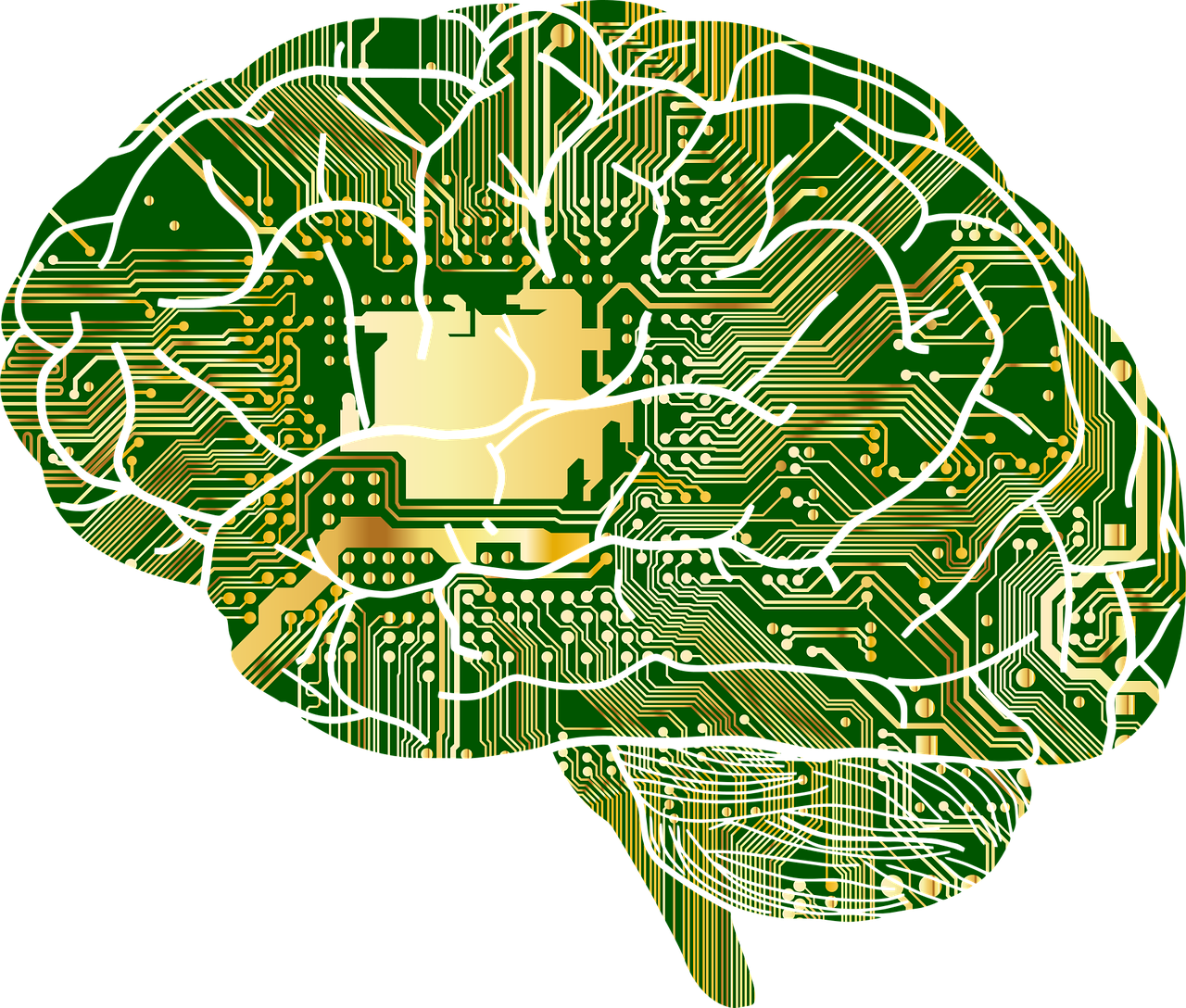 Submitted by Sci Fi Guy on
Submitted by Sci Fi Guy on

Once upon a time, in the dead of night, a gang of mad, evil scientists (in philosophers' stories, scientists are usually mad and evil) crept into Bill's room, and carefully anaesthetising him, opened up his skull. With infinite care, they placed in his brain a tiny device which, when switched on remotely, would take over the work of a single neuron. Although the device was based on a silicon chip, it reproduced the functional behaviour of the neuron perfectly, so that whether Bill's brain was using the original neuron or the new chip, its behaviour would remain exactly the same. Repairing Bill's skull with such exquisite skill that no detectable trace of the operation remained, the triumphant scientists hurried away.
Over the course of the next few months, they returned on many occasions, replacing thousands of neurons until the unsuspecting Bill had, in effect, two brains. By throwing the lever in their secret laboratory, the scientists could switch Bill from operating with a normal brain, to operating with one composed entirely of silicon chips. Not only had they demonstrated the possibility of an artificial brain: they had produced one so similar to Bill's real brain that they could switch between the two while Bill was in the middle of a sentence without causing so much as a momentary pause.
But what was happening to BIll's qualia ? If qualia, real subjective experiences, only come from proper human brains, then every time the scientists switched to the silicon brain, they must disappear. They could waggle the switch on and off and produce 'dancing qualia' if they wanted. Not only that - how did it work when they were only half-way through the replacement programme, with only half the neurons affected? Did Bill have faded qualia, half as intense as before? Or were certain neurons crucial, making a sudden, absolute difference?
The really bizarre thing is that none of this affected Bill's behaviour in the least. With his silicon brain switched on, his behaviour was exactly the same as it would have been with it off - so although in one case he wasn't having a real experience of redness at all, he would still say that he was. The only conclusion you can draw is that there can't be anything fundamentally special about neurons after all. If qualia aren't constituted by functions, they must at least be determined by them, so that a silicon brain with the same functional patterns gives rise to just the same qualia as an organic one. Doesn't it?